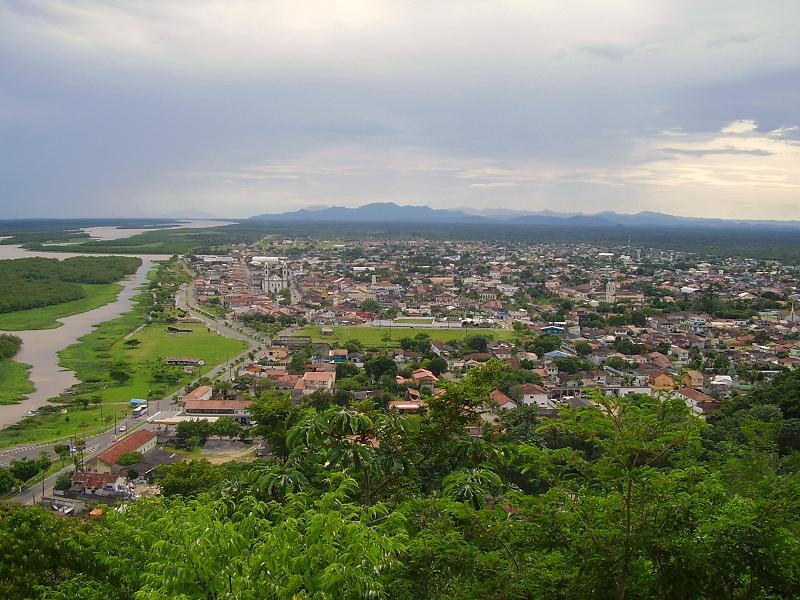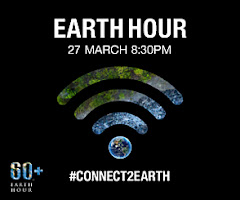The Story of Electronics
The Story of Electronics employs the Story of Stuff style to explore the high-tech revolution's collateral damage—25 million tons of e-waste and counting, poisoned workers and a public left holding the bill. Host Annie Leonard takes viewers from the mines and factories where our gadgets begin to the horrific backyard recycling shops in China where many end up. The film concludes with a call for a green 'race to the top' where designers compete to make long-lasting, toxic-free products that are fully and easily recyclable.
http://www.storyofstuff.org/movies-all/story-of-electronics/
About the Electronics TakeBack Coalition
The Electronics TakeBack Coalition (ETBC) promotes green design and responsible recycling in the electronics industry. Our goal is to protect the health and well being of electronics users, workers, and the communities where electronics are produced and discarded by requiring consumer electronics manufacturers and brand owners to take full responsibility for the life cycle of their products, through effective public policy requirements or enforceable agreements.
We will accomplish this goal in part by establishing extended producer responsibility (EPR) as the policy tool to promote sustainable production and consumption of consumer electronics (all products with a circuit board). EPR will improve the next generation of solid waste and toxic materials policy, promote the manufacture of cleaner computers and curb the flow of toxic electronic waste by pushing manufacturers to take responsibility for their waste, internalizing its cost in corporate bottom lines, and phasing out the use of hazardous substances.
Coalition Partner Organizations
Basel Action Network www.ban.org
Center For Environmental Health www.ceh.org
Clean Water Action www.cleanwateraction.org.ma
Silicon Valley Toxics Coalition www.svtc.org
Texas Campaign for the Environment www.texasenvironment.org
Center For Environmental Health www.ceh.org
Clean Water Action www.cleanwateraction.org.ma
Silicon Valley Toxics Coalition www.svtc.org
Texas Campaign for the Environment www.texasenvironment.org
Coalition Member Organizations
Breast Cancer Fund www.breastcancerfund.org
California Product Stewardship Council www.calpsc.orgCenter for Health, Environment and Justice www.chej.org
Center for Public Environmental Oversight www.cpeo.org
Center on Race, Poverty & the Environment www.crpe-ej.org/
Clean Production Action www.cleanproduction.org
Clean New York clean-ny.org
Communication Workers of America www.cwa-union.org
Connecticut Coalition for Environmental Justice www.environmental-justice.org
California Product Stewardship Council www.calpsc.orgCenter for Health, Environment and Justice www.chej.org
Center for Public Environmental Oversight www.cpeo.org
Center on Race, Poverty & the Environment www.crpe-ej.org/
Clean Production Action www.cleanproduction.org
Clean New York clean-ny.org
Communication Workers of America www.cwa-union.org
Connecticut Coalition for Environmental Justice www.environmental-justice.org
Earthworks www.earthworksaction.org
Ecology Center www.ecologycenter.org
Environmental Law and Policy Center www.elpc.org
Friends of the Earth, U.S. www.foe.org
Global Exchange www.globalexchange.org
Greenpeace Toxics Campaign
GrassRoots Recycling Network www.grrn.org
Health Care Without Harm www.noharm.org
Environmental Law and Policy Center www.elpc.org
Friends of the Earth, U.S. www.foe.org
Global Exchange www.globalexchange.org
Greenpeace Toxics Campaign
GrassRoots Recycling Network www.grrn.org
Health Care Without Harm www.noharm.org
INFORM www.informinc.org
Mercury Policy Project www.mercurypolicy.org
Natural Resources Council of Maine www.nrcm.org
Natural Resources Defense Council www.nrdc.org
Pesticide Action Network www.panna.org
Physicians for Social Responsibility – Bay Area www.sfbaypsr.org
Planning & Conservation League www.pcl.org
Tech Soup www.techsoup.org
Vermont PIRG www.vpirg.org
Washington Citizens for Resource Conservation www.wastenotwashington.org
Worksafe! www.worksafe.org
Mercury Policy Project www.mercurypolicy.org
Natural Resources Council of Maine www.nrcm.org
Natural Resources Defense Council www.nrdc.org
Pesticide Action Network www.panna.org
Physicians for Social Responsibility – Bay Area www.sfbaypsr.org
Planning & Conservation League www.pcl.org
Tech Soup www.techsoup.org
Vermont PIRG www.vpirg.org
Washington Citizens for Resource Conservation www.wastenotwashington.org
Worksafe! www.worksafe.org



























No comments:
Post a Comment